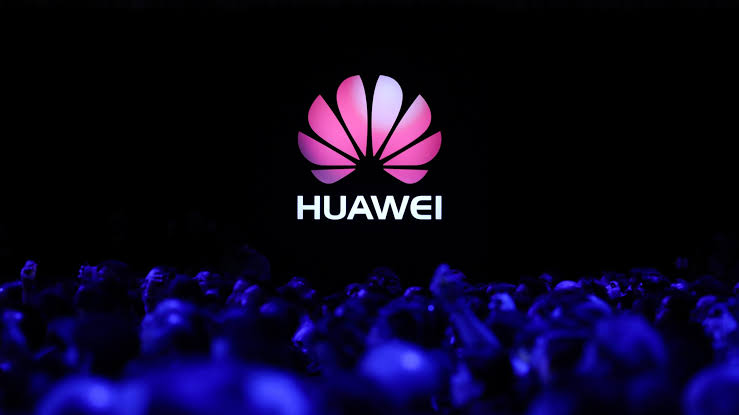Ever since the Chinese telecom giant Huawei was blacklisted by the US government, which in turn led to the company losing the privilege to work with US-based companies (including Google which provides the Android operating system-based services), many predicted doom for Huawei. In a reversal though, few months down the line and the company is very much here, and blooming too. Albeit not as much as it normally would.
According to the latest figures released by the company, the profits reported an increase from the previous year (2018), going up by 5.6%, while revenue expanded by almost a fifth to 859 billion yuan ($123 billion) in 2019. Although the increase is a healthy one, it is significantly lower than the 25% increase Huawei had reported in 2017.
“We will need to further adapt to the long-standing restrictions imposed by the Entity List, while also addressing the impact of the ongoing COVID-19 pandemic,” Liang Hua, chairman of the board, said in a report posted on its website.
Huawei has been suffering terribly ever since the Trump-led US administration has imposed sanctions on the company, enticing its allies Japan and Australia to also follow suit. Sales in the Asia-Pacific region have dropped by 13.9%, although a surge in sales back home has eased out the pain a bit.
Most of the growth in revenue is contributed by the domestic market, where the company reported a profit of 62.7 billion Yuan, although the growth rate has been crippled to some extent as well. The domestic sales stand at 59% of the total number right now. Huawei also reported a similar drop in sales from Europe, Africa, as well as the Middle-East, regions that were the main drivers in revenue surge along with the domestic market.
After Google withdrew support for Huawei’s use of its services, like play-store and other third-party apps, the company has become severely underhanded against other android-based mobile manufacturers like Samsung and OnePlus in the overseas market.

The company did announce plans to develop in-house services similar to those offered by Google along with an OS, but that is yet to bear any tangible results. Huawei’s aggressive push with the 5G infrastructure has eased the pain somewhat, as the company remains the foremost provider for the next-gen tech. The company has also developed base stations that are totally free of Google services.
The US government has time and again accused the tech giant of spying for the Chinese government. It had also banned the sale of American technologies to the company owing to serious concerns from many American lawmakers and diplomats. Now, European countries like Germany and the UK have also voiced similar concerns, after many European countries have opted to use Huawei’s 5G infrastructure, although a ban isn’t in the offing as of now.
The company had already secured around 90 contracts worldwide for the implementation of its 5G infrastructure but the business has been severely hampered ever since the COVID-19 pandemic broke out, with many countries having imposed strict lockdowns. Times ahead certainly look ominous for Huawei.
The Tech Portal is published by Blue Box Media Private Limited. Our investors have no influence over our reporting. Read our full Ownership and Funding Disclosure →






